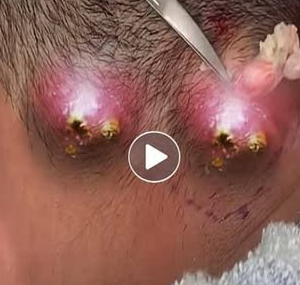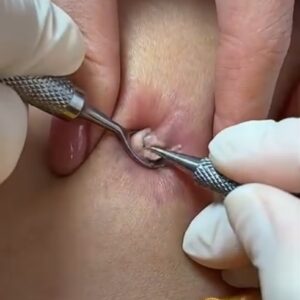Parenting has always been guided by love—and limited by the knowledge of the time. One bygone practice that now shocks modern parents is the use of whiskey in baby bottles.
During the 19th and early 20th centuries, whiskey was seen as a cure-all. It was commonly used to soothe fussy babies, ease teething pain, and help infants sleep. Parents, lacking modern medicine and advice, believed a few drops of alcohol were both harmless and helpful. Whiskey’s popularity stemmed from its widespread use as a household remedy. In a time when medical professionals were scarce and pediatric research was minimal, alcohol—even opium and morphine—were considered acceptable treatments for children.
Social norms also played a role. Whiskey was culturally embraced, and with few alternatives for pain relief or sleep, it became a go-to solution passed down through generations.
Everything changed by the mid-20th century. Medical research exposed the risks: developmental delays, breathing issues, and long-term harm. Alcohol in any amount was deemed unsafe for infants, and modern medicine replaced old remedies with safe, effective alternatives.
Today, the idea is unthinkable—but it serves as a reminder: parenting evolves. What seems normal now could be questioned tomorrow. Rather than judging the past, we can learn from it—staying curious, informed, and focused on what’s truly best for our children.





